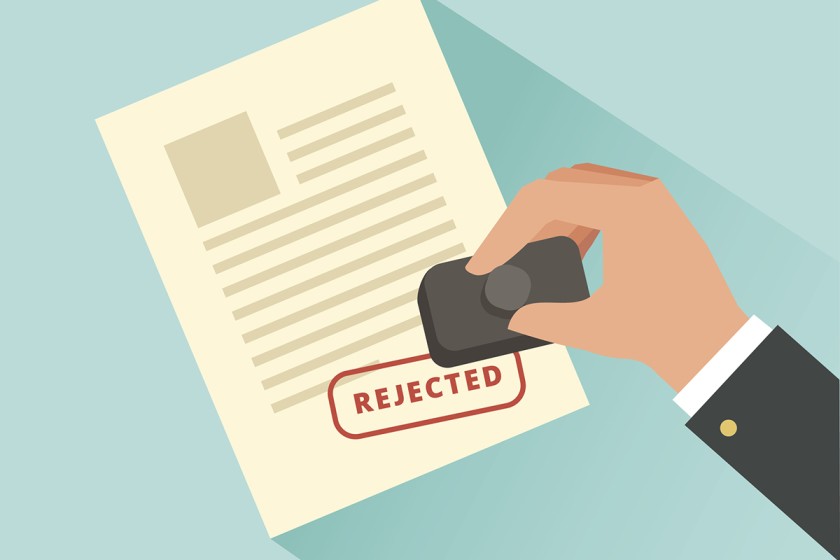A Supreme Court has again highlighted the requirements for experts (including Valuers) when providing evidence. This case involved a comprehensive report prepared by a team of environmental consultants considering damage arising from potential metal toxification of agricultural lands from off-site water-born sources. The Court ruled the report was inadmissible for several reasons including:
- The report contained a disclaimer that its intention was for the exclusive use of the defendant and not any third party including a Court.
- The lack of any acknowledgment in the report by its authors that they had read or complied with the UCPR code of conduct.
- None of the authors gave evidence they had read and complied with the code of conduct.
- The report was not signed or subsequently adopted by any of the authors.
- There were incomplete statements provided as to the authors’ expert qualifications.
- The report was expressly described as preliminary.
- There was no explanation given as to why a compliant expert’s report relating to the subject matter of the final report was not provided.
Expert reports have been under the judicial spotlight recently. In some cases, expert evidence has been excluded due to non-compliance with the relevant legislative requirements. Failure to screen for clauses such as routine disclaimers can be fatal to admissibility and ultimately a client’s case.
For expert evidence to be admissible, the expert must, in accordance with Uniform Civil Procedure Rules, comply with and explicitly state in their report that they have:
- been provided with a copy of the code of conduct by the engaging party;
- read the code of conduct; and
- agreed to be bound by the terms set out by the code of conduct.
Jones v Murrumbidgee Irrigation Limited [2019] NSWSC 1228
Disclaimer : This publication is intended only to provide a summary of the subject matter covered. It does not purport to be comprehensive or to render professional advice and neither purports nor is intended, to be advice on any particular matter. No reader should act on the basis of any matter contained in this publication without first obtaining specific professional advice. This article is copyright. For permission to reproduce this article please contact us.


